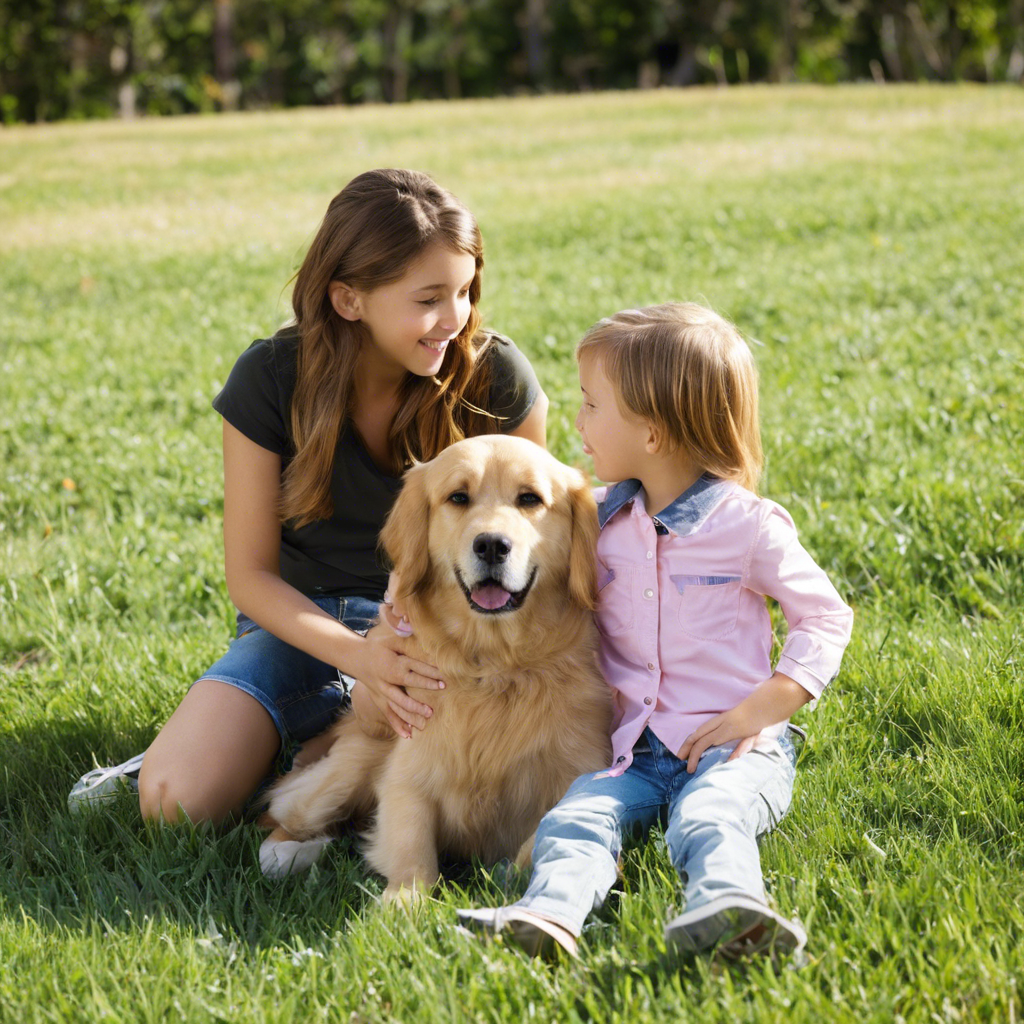Pet ownership has a profound impact on children’s development, fostering empathy, responsibility, and a sense of routine.
Pet ownership is a cherished experience for many families, and it goes beyond the joy of having a furry friend. When it comes to childhood development, the presence of a pet can significantly influence a child’s emotional, social, and cognitive growth. Pets offer companionship, teach valuable lessons, and create a nurturing environment during the formative years of a child’s life.
From learning about responsibility and empathy to developing a sense of routine and emotional intelligence, the benefits of pet ownership on a child’s development are wide-ranging. This article explores these effects, providing insight into how pets can shape a child’s life and contribute to their overall well-being.
The Emotional Bond
A pet’s unconditional love and companionship can have a profound impact on a child’s emotional development. This section delves into the ways pets foster emotional intelligence and provide a sense of security.
Bonding and Attachment
Children form deep emotional bonds with their pets, creating a sense of attachment and trust. Research suggests that this bond can contribute to a child’s overall emotional well-being, teaching them about empathy, compassion, and love. When a child cares for a pet, they learn to recognize and respond to the needs of another living being, fostering emotional intelligence from an early age.
Sense of Security
Pets can provide a sense of security and comfort to children, especially during challenging times. The presence of a pet can help children feel safe and secure, offering a constant source of support and companionship. This can be particularly beneficial for children who struggle with anxiety or emotional regulation.
Learning Responsibility
Pet ownership teaches children valuable lessons in responsibility, time management, and empathy.
Daily Care and Routines
Caring for a pet involves various tasks, such as feeding, grooming, and exercising. Children learn to establish a daily routine, understanding the importance of consistency and responsibility. This sense of routine can be beneficial for their overall development, teaching them about the importance of commitment and the consequences of their actions.
Here’s a list of tasks children might take on:
- Feeding the pet at designated times.
- Providing fresh water.
- Taking the pet for walks or providing exercise.
- Grooming, including brushing and bathing.
- Cleaning the pet’s living area.
Empathy and Understanding
Through pet ownership, children learn to recognize and understand the feelings and needs of others. They begin to comprehend that pets have their own emotions and require love and care. This fosters empathy and encourages children to consider the perspectives of both animals and people around them.
Social Development
Pets play a vital role in a child’s social development, impacting their communication skills and social interactions.
Communication and Language Skills
Interacting with pets can enhance a child’s communication skills. Children often talk to their pets, narrate their daily activities, and express their thoughts and emotions. This practice can improve their language development and encourage them to articulate their feelings effectively.
Social Interactions and Play
Pets serve as perfect companions for play and social interaction. Children can engage in games and activities with their pets, fostering creativity and imagination. Additionally, pets can act as social facilitators, helping children interact with peers and encouraging social connections.
Frequently Asked Questions
How can I ensure my child takes responsibility for the pet?
Start by assigning age-appropriate tasks and gradually increasing responsibilities as they grow. Provide guidance and support, and emphasize the importance of consistent care.
What if my child develops allergies to pets?
If allergies are a concern, consult with a healthcare professional. They can provide advice on managing allergies and recommend suitable pet breeds or alternatives.
Can pets help children with special needs?
Absolutely! Pets can be particularly beneficial for children with special needs, offering emotional support, companionship, and a sense of routine. Therapy animals are often used to assist children with various conditions.
Conclusion
Pet ownership offers a unique and valuable learning experience for children. From fostering emotional intelligence and responsibility to enhancing social skills, pets play a significant role in a child’s development. The emotional bond, daily routines, and social interactions that come with pet ownership contribute to a child’s overall well-being and help shape their character.
External Resources
1. Mayo Clinic: Pets and Children
